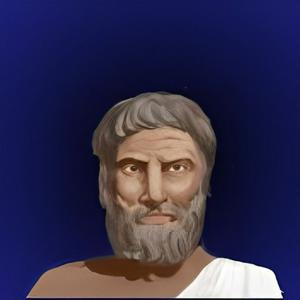In this podcast we bring you 5 ways to communicate effectively from the philosophy of Aristotle. His philosophy is often referenced as Aristotelianism.
Aristotle extensively explored the art of persuasion and the principles underlying successful communication. He distilled his theories into three crucial components: logos, ethos, and pathos. These elements encompass logic, credibility, and emotion, respectively. According to Aristotle, effective communication requires a harmonious integration of these three modes of persuasion.Furthermore, Aristotle presented a model of communication that offers valuable insights into the communication process itself. Which is why in this video, we bring you five practical ways to communicate effectively, drawing inspiration from the timeless philosophy of Aristotle. 5 ways to communicate effectively from the philosophy of Aristotle are -
01. Use Logical Arguments
02. Establish Credibility
03. Use Emotional Appeals
04. Use Clear And Concise Language
05. Practice Communicating
I hope you enjoyed listening to this podcast and hope these 5 ways to communicate effectively from the philosophy of Aristotle will add value to your life.
Aristotle is a Promethean figure in the history of the world, who lived between 384–322 BC, He is considered "the father” of logic, biology, political science, zoology, embryology, of natural law, scientific method, rhetoric, psychology, realism and even of meteorology. He was first a student of Plato, then, when Plato retired, he left the Academia which Plato founded, and he became the tutor of Alexander The Great, and the two other future kings: Ptolemy and Cassander. He established a library in the Lyceum which helped him to produce many of his hundreds of books on papyrus scrolls. Unfortunately, only a third of his magnificent work has survived. For example, the treatises “Physics”, “Metaphysics”, “Nicomachean Ethics”, “Politics”, “On the Soul” and “Poetics”, have influenced more than two millennia of scientists and theologians alike, both fascinated by his ideas.


